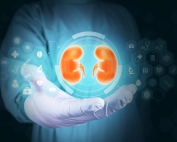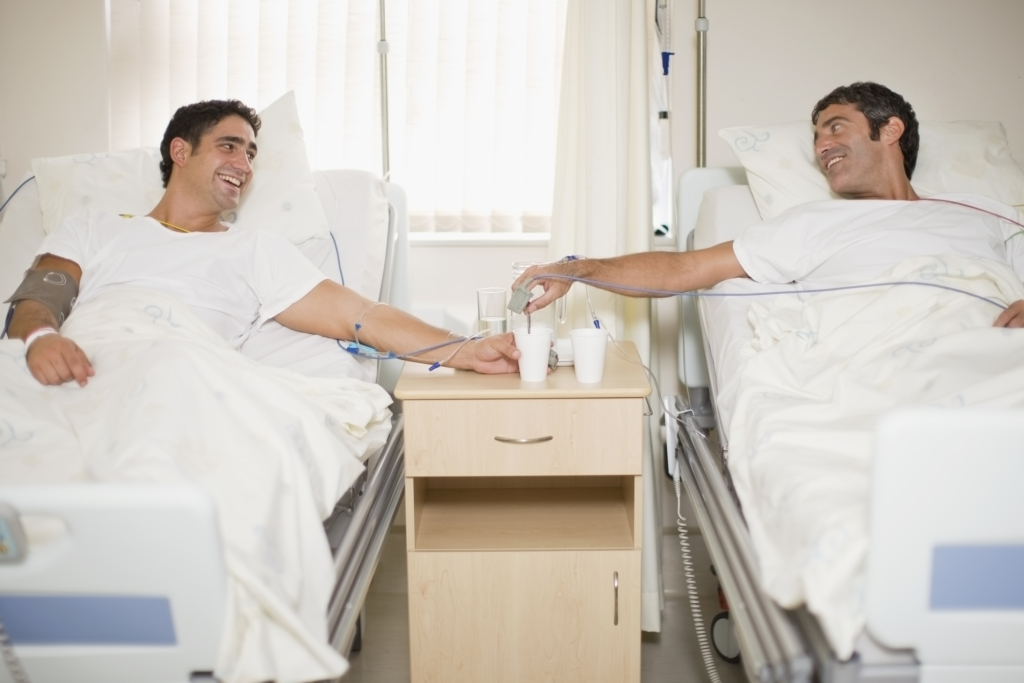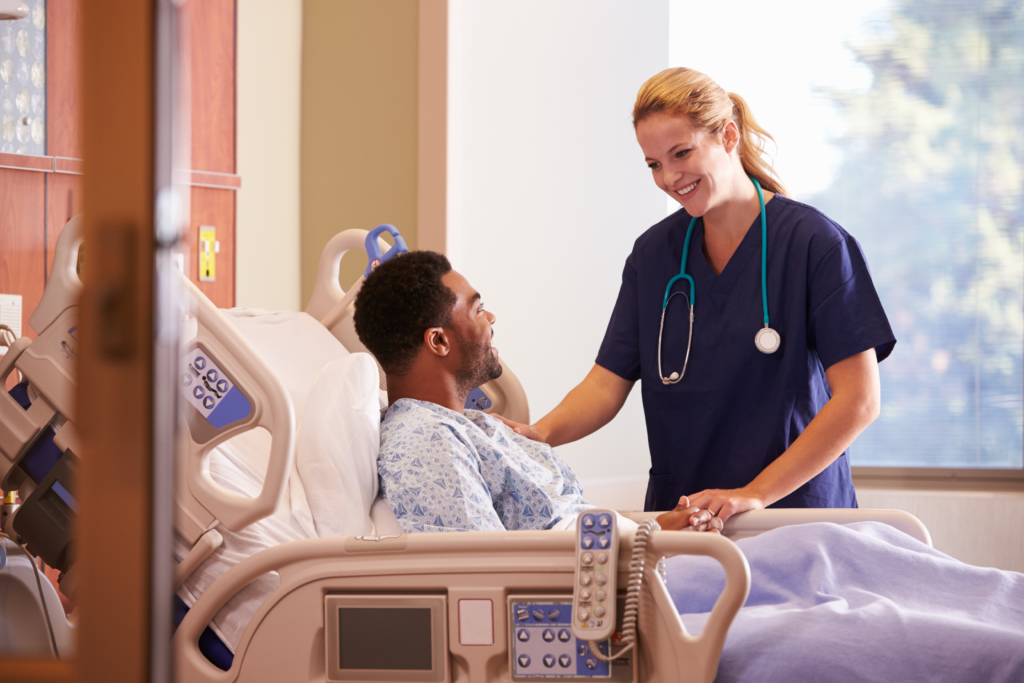Kidney Transplant
Although not a cure, it provides the most freedom for people.
Contents:
 One of the biggest benefits of having a healthy kidney is the freedom and increased quality of life that you will have. In the early stages of recovery, it is important to remember that you still had major surgery and it is going to take your body some time to get used to your new organ. Moderation is important especially for activities that are physically taxing. In your early stages of recovery, you will meet with many transplant staff. They will teach you how to take care of your kidney. After you are released, you are the main person in charge of monitoring your health and alerting others if changes in your health occur.
One of the biggest benefits of having a healthy kidney is the freedom and increased quality of life that you will have. In the early stages of recovery, it is important to remember that you still had major surgery and it is going to take your body some time to get used to your new organ. Moderation is important especially for activities that are physically taxing. In your early stages of recovery, you will meet with many transplant staff. They will teach you how to take care of your kidney. After you are released, you are the main person in charge of monitoring your health and alerting others if changes in your health occur.
Medications
Your body will need medications to help recover and to maintain your kidney. It is important to take all of your medications as prescribed and your pharmacist will be a great resource for questions. Due to the nature of some of your medications, it is important that you talk with your doctors and pharmacist if you take anything over the counter such as cold and flu or headache medicine since this can also interact with your other drugs. Ask your pharmacist about side-effects of the medications.
The main medications that you will need to maintain your kidney are immunosuppressants, which you will need to take to keep your body from rejecting the new kidney. Since these drugs suppress (weaken) your immune system you will be at additional risk to develop infections. Like any drug, there are side effects and they range from minor headaches, hand tremors, nausea to more severe issues such as increased blood sugar and high blood pressure. Your doctors and pharmacist will work together to minimize symptoms and make sure that you don’t have any serious issues.
In addition to immunosuppressants you will also be prescribed other pain and infection control medications. Since immunosuppressants weaken your immune system you are more prone to infections. It is important that you take extra precautionary steps like hand washing, getting flu vaccinations, avoiding environments where others are sick and not eating raw foods.
A natural way to help speed your recovery is exercise. Your healthcare team will help you determine what is best for you, but starting off with walking is a good first step, literally. The better you take care of your body overall, the better it will take care of your new kidney. Exercise will not only help control factors such as hypertension and obesity that contribute to kidney disease, but also exercise can help reduce some of the negative side effects of immunosuppressants such as osteoporosis and weight gain.
Signs of Rejection
Rejection can happen to anyone and doesn’t mean that there was a mistake or that you did something wrong. Rejection can be reversed if it is found early and recognizing the signs of early rejection could help keep your kidney. You should always worry about fevers because they are signs of infection, but these become even more important right after surgery.
You should also look for:
- Extreme soreness where your new kidney is
- Decreases in the amount of urine you produce
- Swollen feet or ankles
- Weakness
- Nausea
All of these things can point to your body fighting an infection and/or your kidney. Each clinic will treat rejection differently, but you might need to increase or add another immunosuppressant drug or spend some time back in the hospital.
Rejection is identified by using routine tests of kidney function much the way they were done before you had a transplant. Your medical staff will normally draw some routine blood samples and they are looking for signs of infection. Other potential tests include:
- Renal flow scan that looks for blood flow through the kidney Even if your body fully rejects your kidney, there are still options available. Most patients can join the transplant list again and have the option to get another kidney.
- Ultrasound that enables your doctors to look for physical issues
- Biopsy is a surgical procedure where a small piece of tissue is collected and tested
Even if your body fully rejects your kidney, there are still options available. Most patients can join the transplant list again and have the option to get another kidney.





































